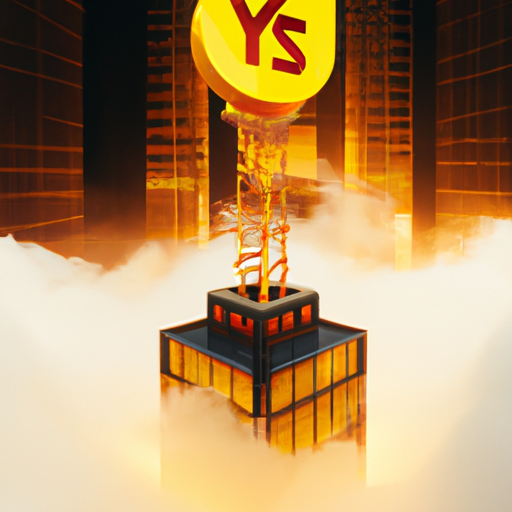
One of my most popular markets asks /JosephNoonan/will-team-yes-have-more-total-logsh, which is equivalent to asking which team has the largest product of shares. So, let's go one hyperoperation up.
To be precise, if n and m are respectively the total numbers of YES and NO holders at close, and Y1 ≥ Y2 ≥ ... ≥Yn are the numbers of shares held by each YES holders, with N1 ≥ N2 ≥ ... ≥ Nm being the same for NO holders, then this market resolves YES if Y=Y1^Y2^...^Yn > N=N1^N2^...Nm, and NO if N ≥ Y.
The power towers should be evaluated in the standard way, from top to bottom (e.g., a^b^c = a^(b^c), not (a^b)^c, since the latter is just a^bc).
🏅 Top traders
| # | Trader | Total profit |
|---|---|---|
| 1 | Ṁ46 | |
| 2 | Ṁ33 | |
| 3 | Ṁ30 | |
| 4 | Ṁ14 | |
| 5 | Ṁ11 |
@BoltonBailey I'm hoping it will be easy, since a lot of markets like this tend to converge to one side once it's obvious who's winning. If not, then it might take a long time to resolve. Hopefully it doesn't end up in a situation like this market: https://manifold.markets/IsaacKing/what-is-the-largest-number
@BoltonBailey Now we just need someone crazier than me to make a tetration version of this. I would love to see how they attempt to resolve that